In a groundbreaking move, Louisiana has become the first U.S. state to authorize local law enforcement to intercept and disable drones posing credible threats to public safety. Signed into law on June 18, 2025, by Governor Jeff Landry, the “We Will Act” Act equips trained officers with the authority to use kinetic and non-kinetic technologies to neutralize rogue unmanned aerial systems (UAS) near high-risk areas like schools, public events, and critical infrastructure, according to Louisiana’s official announcement.
A National First in Drone Mitigation
The new law marks a significant shift, as drone interception has historically been a federal responsibility, limited to agencies like the Department of Defense and Department of Homeland Security under statutes like 6 U.S.C. § 124n. Louisiana’s legislation empowers state and local Police to act decisively, addressing growing concerns about unauthorized drone activity.
“This law puts Louisiana on the front lines of drone defense,” said Governor Landry. “We are taking bold steps now to protect our people and our skies before tragedy strikes.”
The bill responds to incidents like the 2024 drone sightings across northeastern U.S. states, where over 5,000 reports raised alarms but were largely unsubstantiated, as noted in a February 2025 Lawfare analysis. These events underscored gaps in state and local authority to address drone threats, which Louisiana’s law now seeks to fill.
Technical and Operational Implications
The law allows officers to deploy technologies such as signal jammers, directed energy systems, and physical nets to disable drones. These tools target UAS operating unlawfully within approximately 400 feet (122 meters) of sensitive sites, aligning with federal restrictions on drone flights near military bases. Officers must undergo specialized training to ensure precise, safe interventions, minimizing risks like collateral damage from kinetic methods, a concern raised in the Lawfare report.
Penalties for illegal drone operations are steep, including fines up to $5,000, up to one year in jail, and mandatory drone forfeiture. This framework aims to deter violations while equipping law enforcement with clear protocols. The law’s focus on “credible threats” ensures targeted enforcement, avoiding interference with the estimated 8,000 drones flown lawfully daily in the U.S., as cited by the Pentagon.

Industry and Regulatory Trends
Louisiana’s move sets a precedent that could reshape state-level drone policy nationwide. The Lawfare analysis highlights proposed federal legislation, like House Bill 8610, which seeks to expand counter-UAS authority to state and local agencies through pilot programs. Louisiana’s proactive stance may accelerate these efforts, especially amid bipartisan concerns about foreign-operated drones and public safety risks.
For drone professionals and recreational pilots, the law signals heightened scrutiny. Operators must comply with FAA regulations, such as registering drones weighing between 0.55 and 55 pounds (0.25 to 25 kilograms) and broadcasting Remote ID data, including location and altitude. Non-compliance risks severe penalties, urging pilots to stay informed about restricted airspaces.
Looking Ahead
Louisiana’s law addresses a critical gap in drone defense, balancing public safety with the growing prevalence of UAS. By empowering local law enforcement, the state pioneers a model that others may follow, potentially standardizing counter-UAS protocols. As drone usage surges—over 1 million are registered in the U.S.—this legislation underscores the need for robust, localized strategies to ensure safe skies.
Discover more from DroneXL.co
Subscribe to get the latest posts sent to your email.



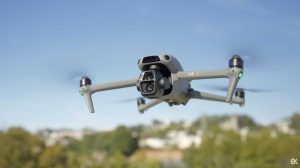


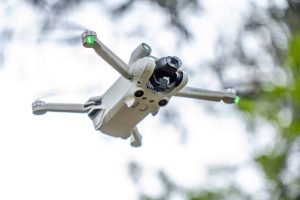

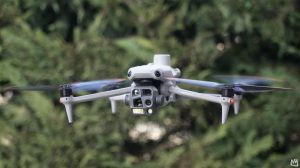
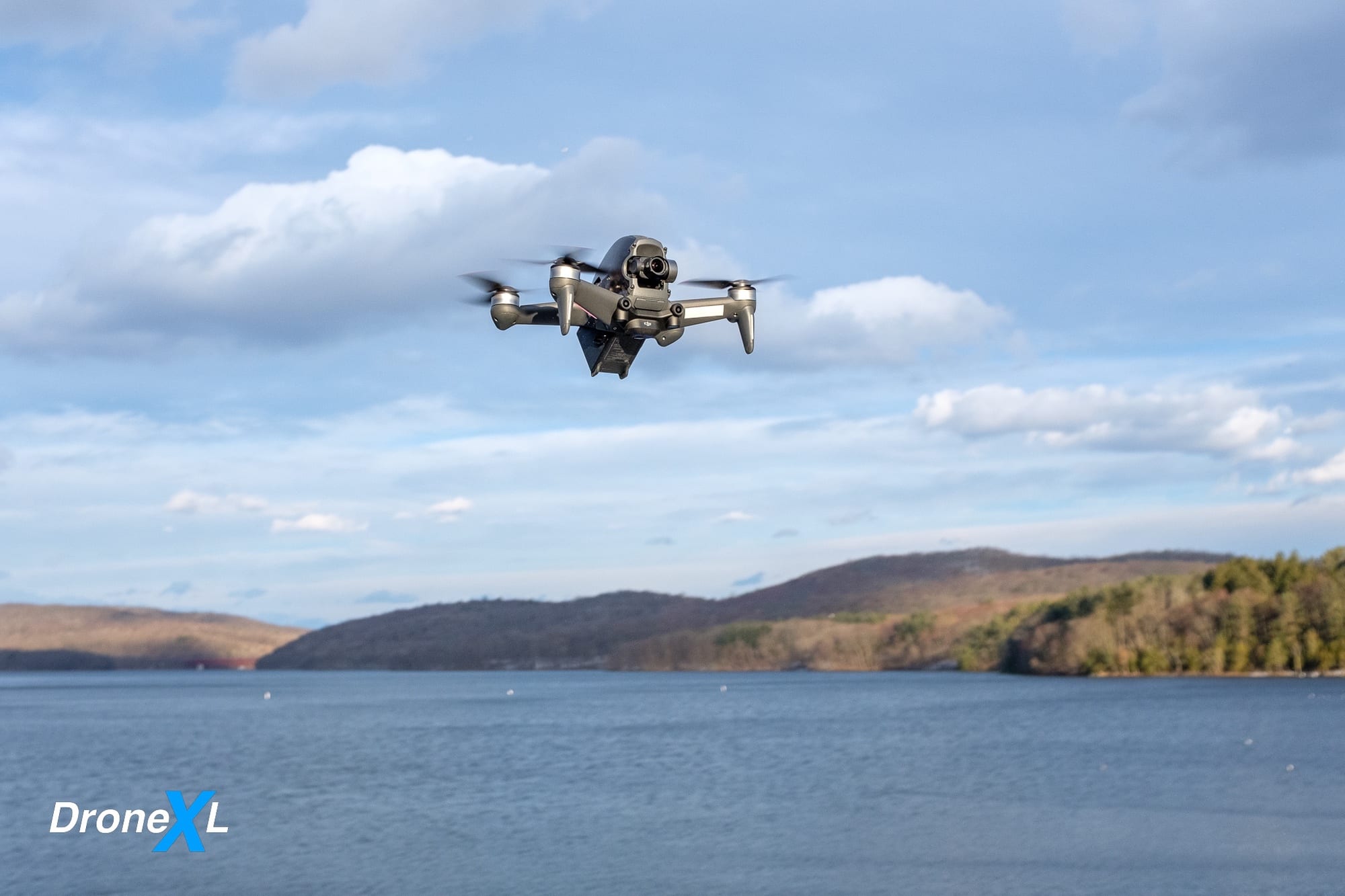
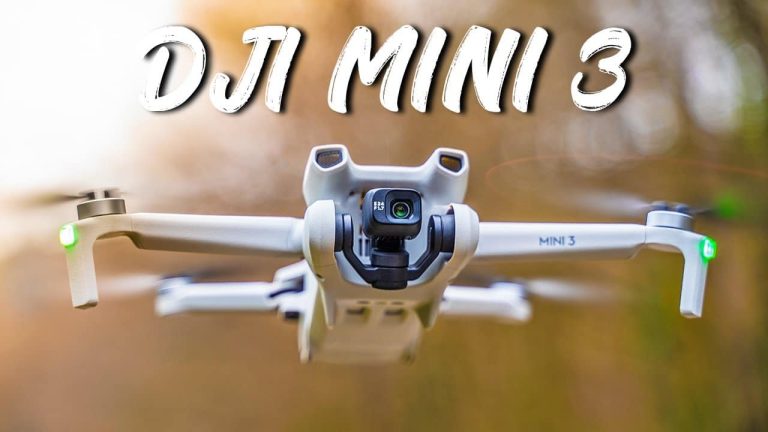

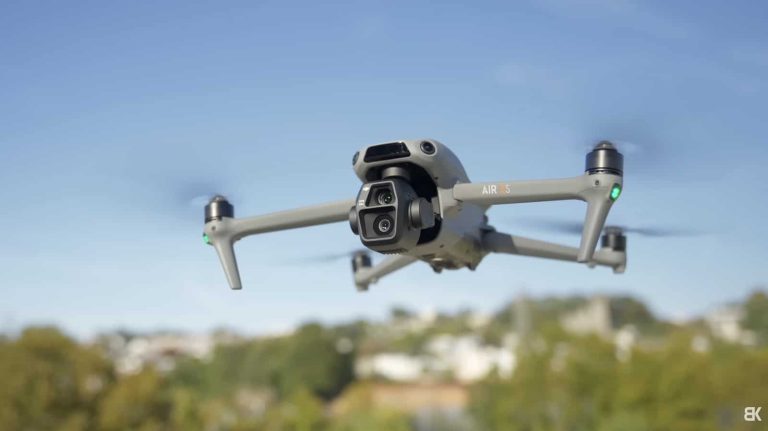
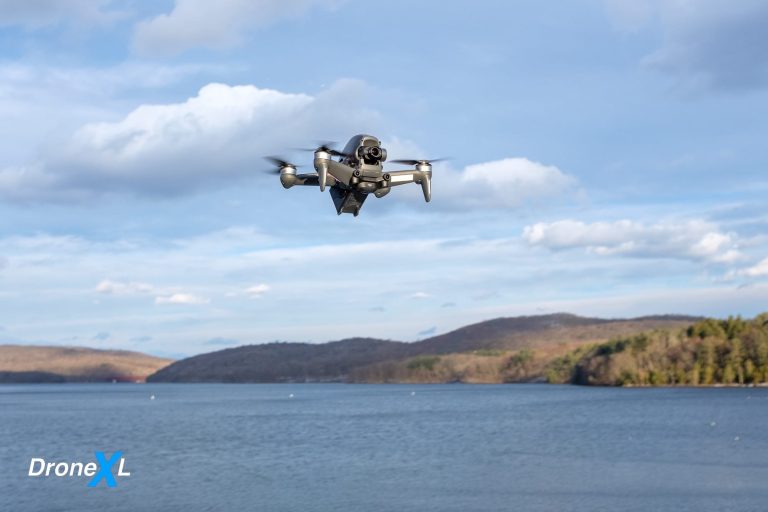
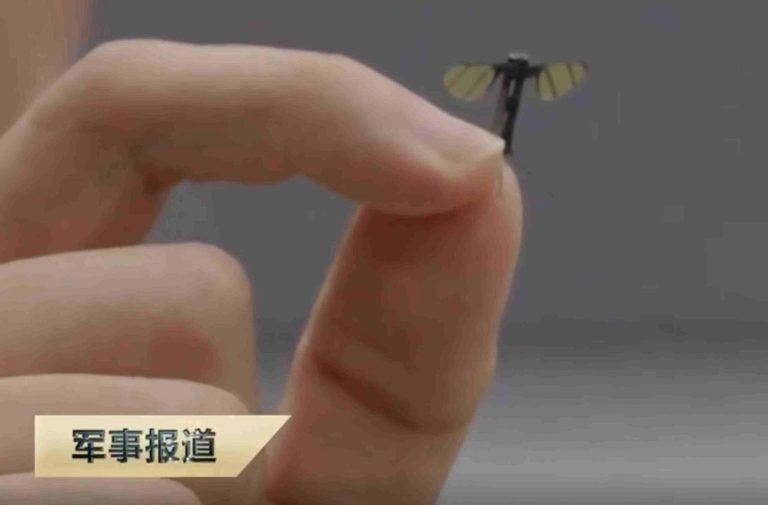

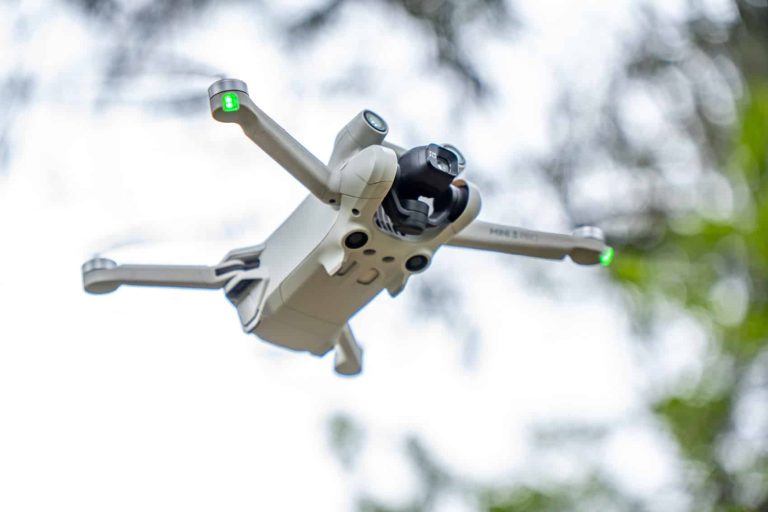
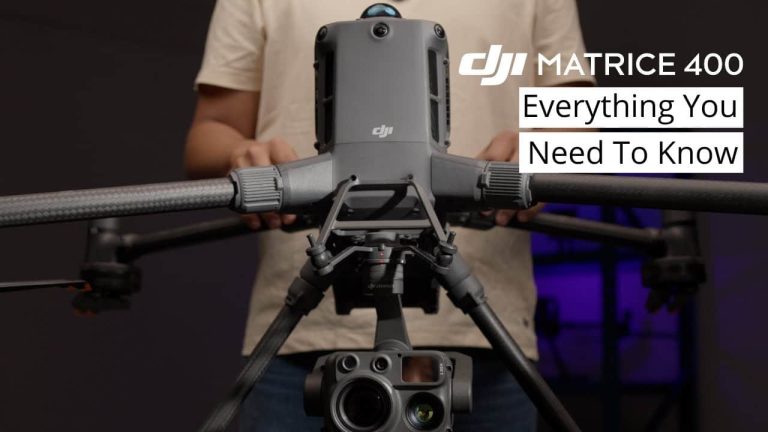
+ There are no comments
Add yours